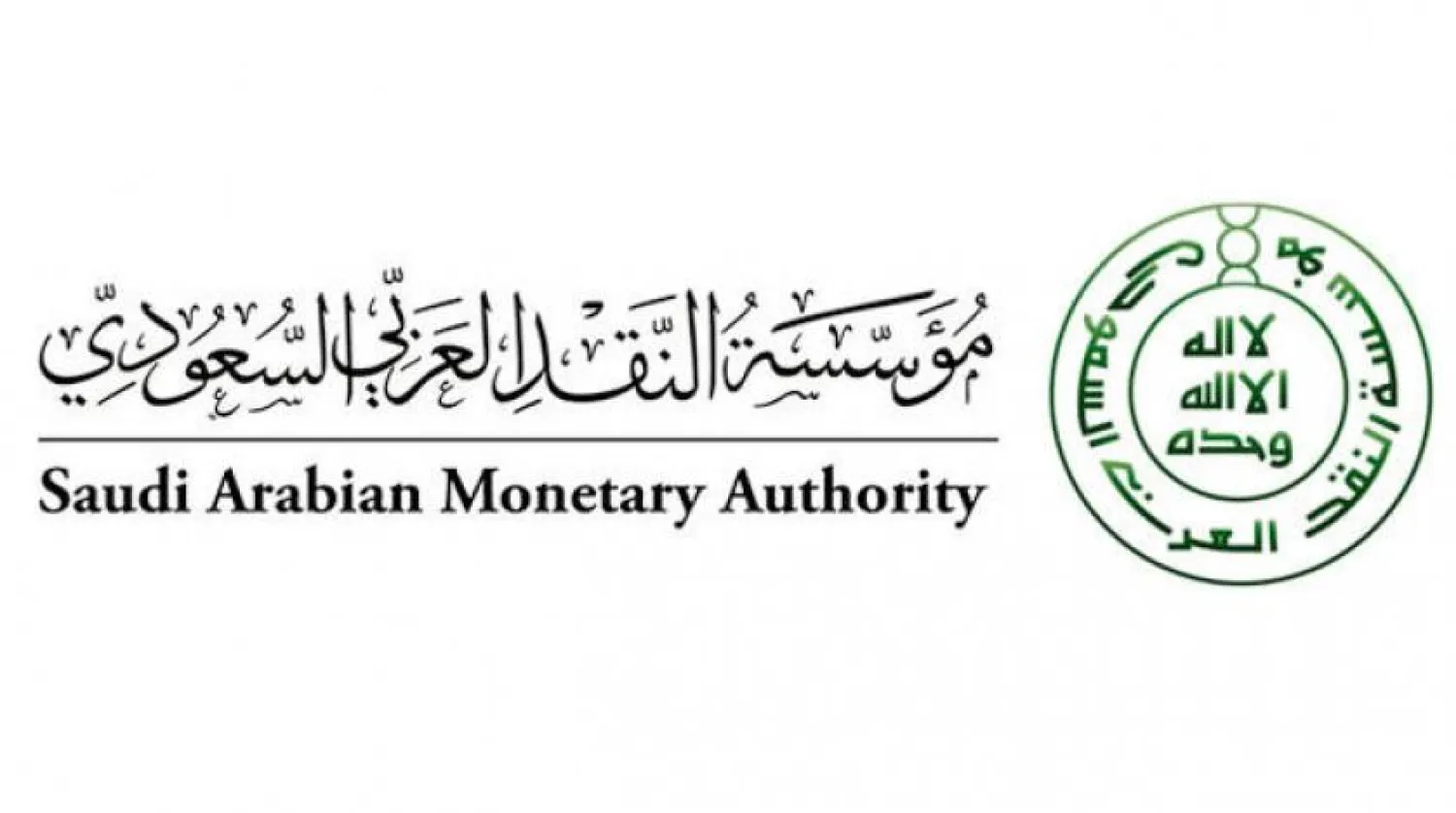Saudi financial authorities are considering a proposal for licensing electronic cash companies, within the framework of its regulation of payment services in the country, amid strict regulatory and procedural requirements to control governance in financial companies and institutions.
Saudi Arabian Monetary Agency (SAMA) issued a draft proposal for the regulations of payments services in the country, to request public views on a number of financial directions which allow banks to enter the market for payment services, as well as the establishment of small and large payment enterprises, in addition to allowing licensing of electronic money companies in the Kingdom.
The draft states that banks in Saudi Arabia can apply for the services of payment activity, which includes carrying out payment operations and issuing its tools, in addition to electronic money, accepting payment transactions, transferring funds, deposit, and cash withdrawal service.
SAMA requested public consultations on licensing payment companies and issuing electronic cash according to the requirements of minimum capital of SR5 million for small payment companies, while large companies must have a minimum of SR15 million.
Small electronic cash companies are required to have SR10 million, compared to SR30 million for large entities.
The Authority set strict restrictions on merit, efficiency, and governance, affirming that putting forward the rules regulating the provision of payment services in the Kingdom to the public comes within the principle of transparency and inclusion.
SAMA explained that the project is part of its efforts to achieve the goals of the Financial Sector Development Program (FSDP), one of the pillars of Vision 2030.
It enables financial institutions to support private sector growth by opening financial services to non-banking actors, which in turn supports the development of the national economy.
In other news, SAMA revealed that the number of new residential mortgages for individuals provided by banks and institutions saw a 159 percent increase exceeding 155,000 contracts until last November 2019, with a total value exceeding $2 billion.
In November, the volume of financing villas proved the largest proportion by $1.7 billion, which is 80 percent of total mortgages, while apartments hit 14 percent, and land purchases 6 percent.









